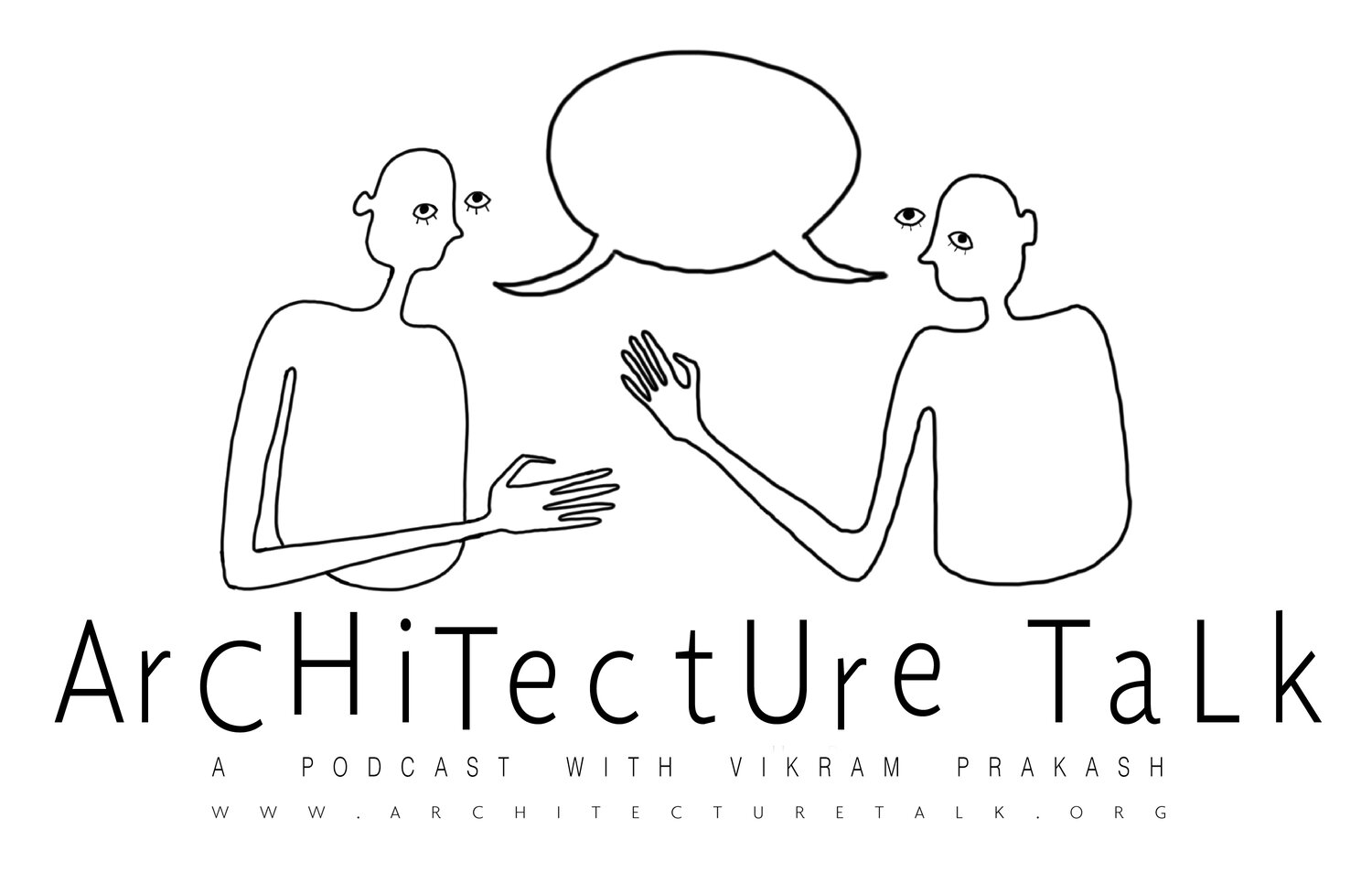74. AITC: Indian Urbanism and the Surveillance Society with Manit Rastogi
Original drawing by Tori Haynes
“When does a city stop being a city?”
- Manit Rastogi
Is COVID being used to imagine a high surveillance society? When does a city stop being a city? How do we address this internal fight against fear? This week we continue our ongoing miniseries Architecture in the Time of Coronavirus with architect and Manit Rastogi.
Timestamp Outline
2:15 Manit Rastogi, Architect with Morphogenesis in New Delhi
2:45 Manit and Vikram discuss life in lockdown during the Corona virus pandemic, particularly focusing on the issues it poses for more marginalized communities and those without the resources and space to self-isolate.
10:30 “So there’s this classist assumption that if you stick with your own kind, you won’t get the virus...so the virus runs by class lines...implicitly.” VP
13:30 “The point of Indian Urbanism is policing.” MR
14:00 The Panopticon: Jeremy Bentham’s writings on the Panopticon, excerpt from Discipline and Punish - Foucault’s writing on the Panopticon and the Panoptic state [pdf downloads]
14:50 “Is it that the COVID-19 experience is being used to tighten and imagine a surveillance society better in a place like New Delhi, or is it more smoke and mirrors to make the world think that something is being done?” VP
17:00 The Setu contract tracing app raises concerns about privacy and security
31:00 “What is the best use of space, what is the best use of remote working?” How do we return to “normal”? What is the new normal? VP
31:44 “Zoom has thrown up a challenge to architecture. What is the value of architecture, of urban planning? VP
33:00 For more discussion on the Central Vista project, check out our previous episode with Prem Chandavarkar
34:00 “If you had free reign, how would you reimagine Dehli?” VP
44:30 Within the Modernist movement, the separation of programs was a technology of hygiene.






